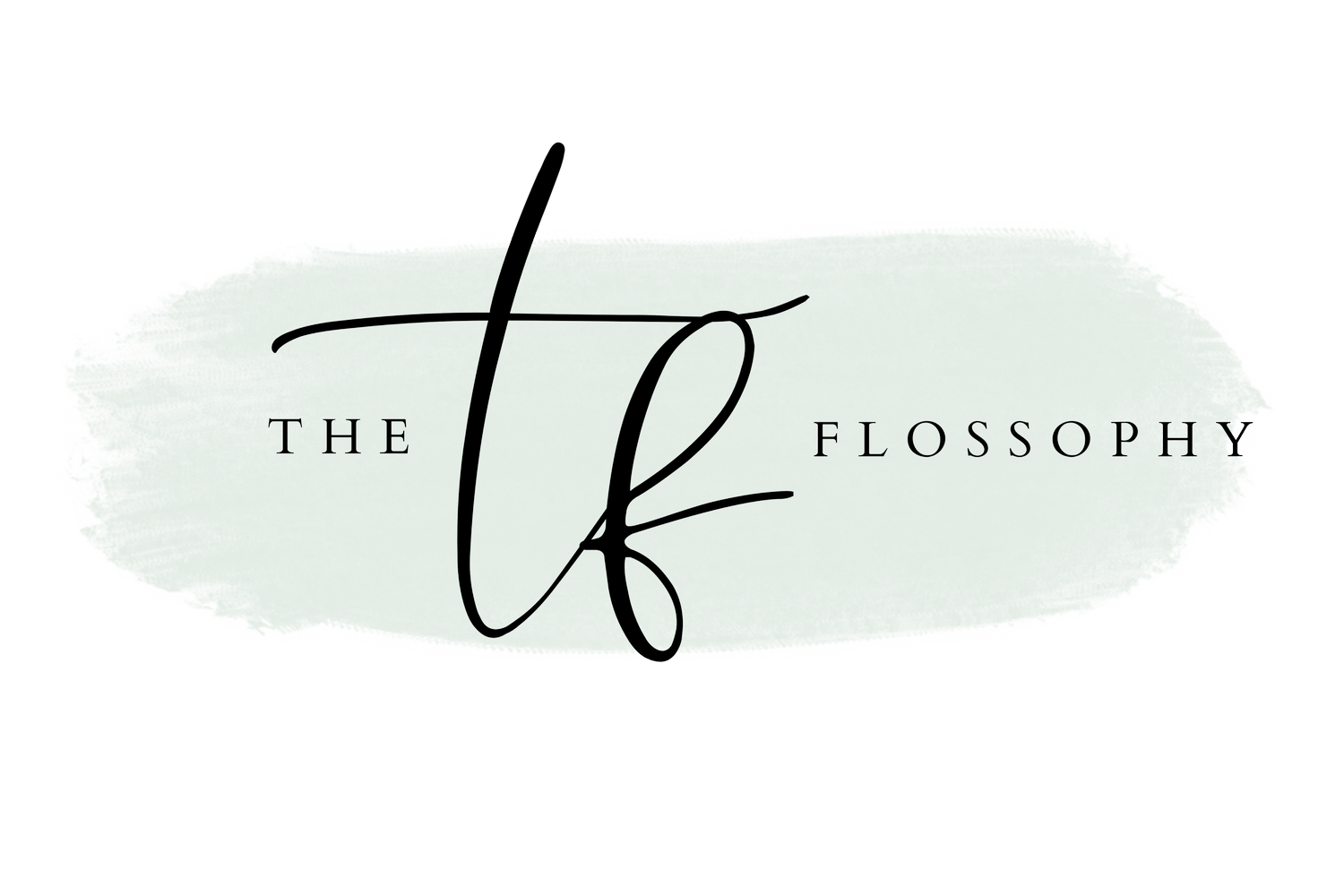Oral Probiotics
We have all heard about the gut health movement; making sure we eat probiotic foods, take supplements, and support our digestion. But the gut microbiome is only one of the microbiomes in the body. We also have a community of living organisms in our mouth - what we call the oral microbiome. The oral microbiota acts as a protective barrier or host defense mechanism. Six billion bacteria with over 700 bacterial species have been found in the oral cavity (1). Most of these microbes are normal, yet sometimes more harmful bacteria can congregate and initiate oral infections such as periodontal disease or cavities. Most probiotics on the market are for our gut microbiome, but what about the oral microbiome? There is such a thing as oral probiotics. How effective are they?
Probiotics are living organisms that are strain specific, meaning each strain must be tested on its own to be proven effective for the health benefit in question. “The most commonly used probiotic bacterial strains belong to the genera Lactobacillus and Bifidobacterium. Species commonly isolated from saliva samples include L. paracasei, L. plantarum, L. rhamnosus, and L. salivarius. Culture-based studies suggest that bifidobacteria are among the first anaerobes in the oral cavity. Both lactobacilli and bifidobacteria can be found in breast milk, suggesting early exposure of the oral cavity to these bacteria. Bifidobacterial species isolated from oral samples include B. bifidum, B. dentium, and B. longum,” (2).
Researchers have found that probiotics that benefit the gut microbiome, may also benefit the oral microbiome. Studies suggest that oral probiotics containing lactobacilli or bifidobacteria may reduce the number of mutans streptococci in saliva.
Several studies suggest that consumption of products containing probiotic lactobacilli or bifidobacteria could reduce the number of mutans streptococci in saliva. S.mutans is usually found in the mouth, pharynx and intestine (3). “Streptococcus mutans, a major pathogenic agent of dental caries, was detected in unusually high frequency in both heart valve tissues and atheromatous plaque samples than any other species.” (4) S. mutans have a central role in creating dental caries (cavities), because they create a strong acidic environment on the enamel. Too much acidity = cavities. P. gingivalis (a bacteria that causes periodontal disease) and S. mutans were previously found to increase atherogenic plaque formation and induce platelet aggregation (4). The bacteria found in our mouths have been found in other areas of the body. Knowing this, we understand that the cleanliness and regulation of the oral microbiome is extremely important in preventing migration of harmful bacteria to other areas of the body. The control of plaque biofilm in the mouth is an important factor in controlling the presence of harmful oral bacteria.
The first studies of using oral probiotics were for the treatment of periodontal inflammation. A strain called L. acidophilus was used and found to be extremely effective in every patient in the study (2). Oral candidiasis (thrush) and halitosis (bad breath) have also been studied and shown effectiveness with oral antibiotics.
Another consideration is taking prebiotics. In order for probiotics to work efficiently, it is important to feed the probiotics with prebiotics – such as fiber rich foods (for example: onions, garlic, flax seeds, bananas). Oral probiotics should be chewable or melted in the mouth.
Oral probiotics are a great way to regulate the bacteria in the mouth and therefore aid in preventing cavities and periodontal disease. Specific strains for aiding the oral microbiome are still being studied. By preventing disease in the mouth, we prevent disease in the entire body.
Oral microbiome probiotic strains considered most beneficial to oral health include:
Lactobacillus reuteri
Lactobacillus salivarius
Streptococcus salivarius K12
Streptococcus salivarius M18
Lactobacillus paracasei
Lactobacillus sakei
(5)
Here are some oral probiotic brands to explore:
Best overall:
cariPRO dental probiotics
https://www.smilebrilliant.com/product/dental-probiotics-adults/?ref=8081&utm_campaign=orpr
Best for gum disease:
Great oral health
Best for bad breath:
Windsor botanicals
References:
1. https://www.ncbi.nlm.nih.gov/pmc/articles/PMC3257652/
2. https://www.ncbi.nlm.nih.gov/pmc/articles/PMC2897872/
3. https://pubmed.ncbi.nlm.nih.gov/3540569/
4. https://www.ncbi.nlm.nih.gov/pmc/articles/PMC4746253/

